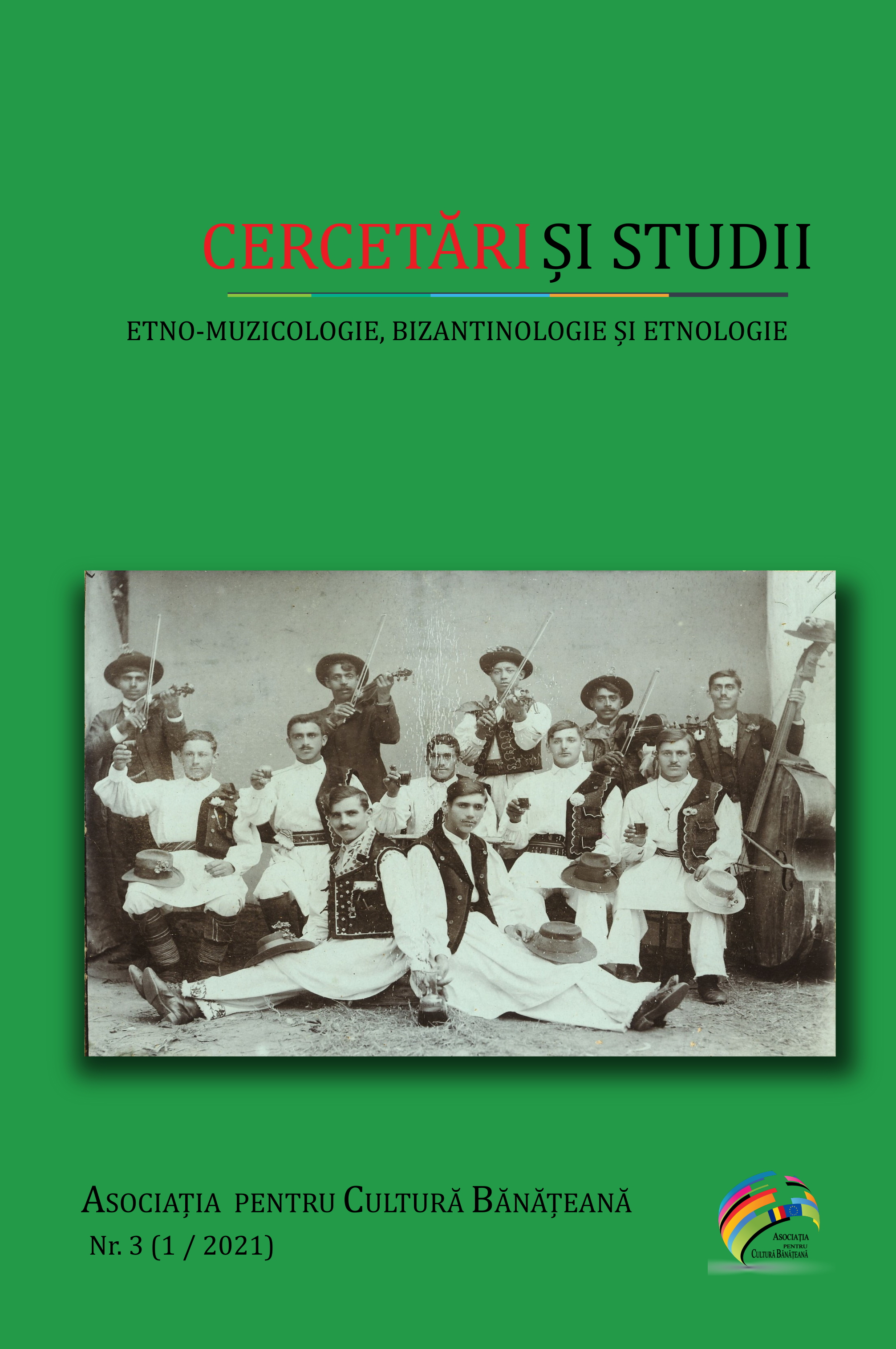Imixtiunea muzicii occidentale în folclorul japonez. Toshirō Mayuzumi – Concertino pentru xilofon și orchestră (Prima parte)
The Interference of Western Music in Japanese Folklore. Toshirō Mayuzumi – Concertino for Xylophone and Orchestra (Part One)
Author(s): Cristian Robert SzékelySubject(s): Music
Published by: Editura Eurostampa
Keywords: folklore; interference; traditional; modal; rhythms;
Summary/Abstract: In the twentieth century, a time of great developments but also of historical, economic, socio-cultural and artistic trials, Western composers sought the creative muse in Asian folklore, rendering in their works exotic and modal elements specific to Eastern culture. An overview on Asian compositions also reveals the influences of modern Western music that left its mark on famous composers such as Toshirō Mayuzumi, Keiko Abe, Minoru Miki, composers who tried to shape their own traditional music around the Western culture. In this paper I have chosen for analysis the masterpiece of one of the most famous Japanese composers, who successfully managed to encapsulate the interference of these cultures - Toshirō Mayuzumi. Mayuzumi's compositional style has oultined after his departure to Paris, where he attended the Conservatory studying with Aubin and also became acquainted with the music of Pierre Boulez and Olivier Messiaen, as well as with musique concrète. For a better understanding of the global musical interference concept, I considered necessary a formal analysis of Mayuzumi’s Concertino for xylophone and orchestra, more precisely the first part, in which the dialogue of voices and the harmonies used highlight that conglomeration of traditional elements specific to various cultures: Japanese, Afro-Cuban, European and American, the twinning of musical structure notions specific to various cultures folklore.
Journal: CERCETĂRI ȘI STUDII. ETNO-MUZICOLOGIE, BIZANTINOLOGIE, ETNOLOGIE
- Issue Year: 2/2021
- Issue No: 3
- Page Range: 67-76
- Page Count: 10
- Language: English, Romanian

